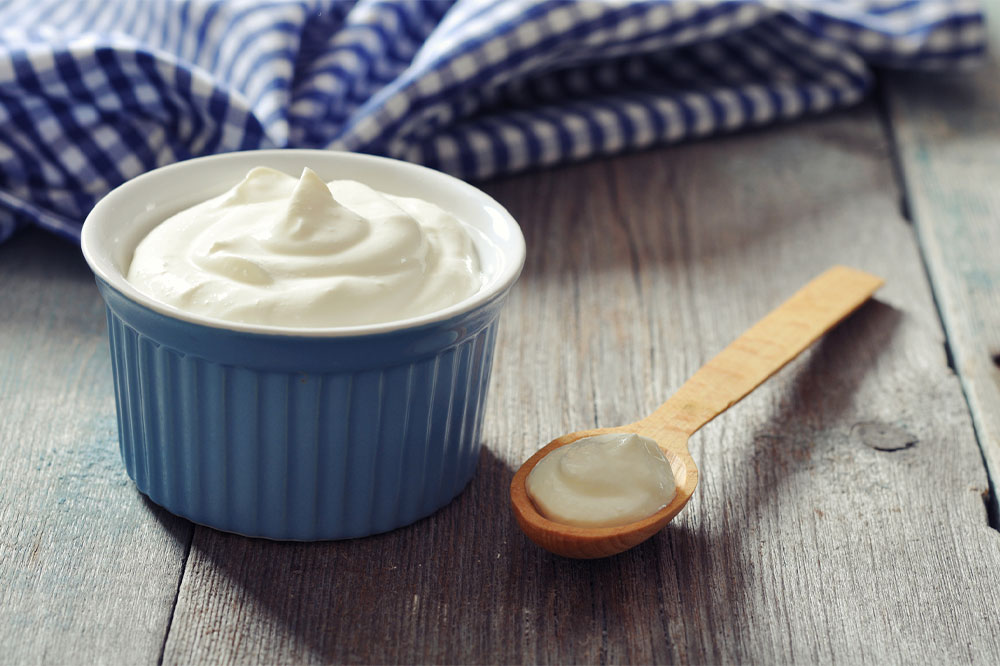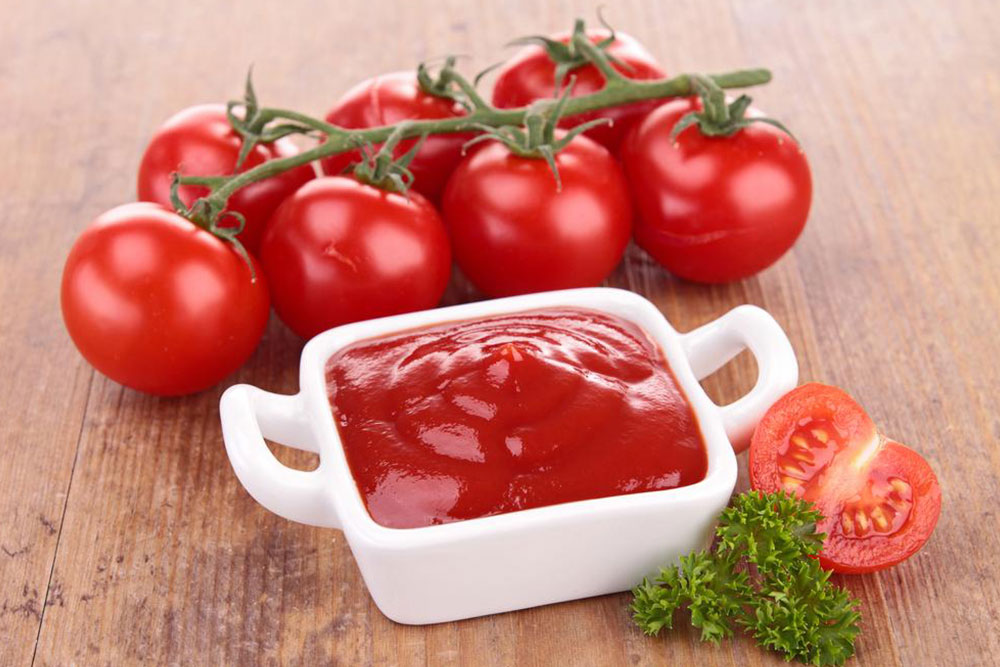Top 5 Nutritional Strategies for Managing Colitis
Discover five effective dietary strategies to manage colitis, focusing on reducing inflammation, promoting gut healing, and preventing flare-ups. From plant-based diets to low FODMAP plans, learn how proper nutrition can enhance your quality of life and support medical treatments for colon health.

Top 5 Nutritional Strategies for Managing Colitis
Colitis involves inflammation of the colon, leading to pain, discomfort, and ongoing health issues. Adopting the right dietary approach can significantly support recovery and symptom management. Combining proper nutrition with medications prescribed by your doctor can enhance healing and improve quality of life. Here, we explore five effective dietary plans that can help alleviate symptoms and promote colon health.
These diets focus on eliminating harmful foods while incorporating anti-inflammatory options. For instance, consuming omega-3 rich foods like salmon and flaxseeds, along with probiotic-rich items such as yogurt, supports gut healing. Including calcium and folate-rich foods further strengthens bone health and promotes overall recovery.
Another approach, the Specific Carbohydrate Diet (SCD), emphasizes avoiding refined carbs to starve harmful bacteria and encourage healthy microbiome balance. Despite limited clinical endorsement, many patients report relief from colitis symptoms using this low-carb, nutrient-dense plan.
The Paleo diet advocates mimicking ancestral eating habits, focusing on unprocessed, whole foods such as fresh fruits, vegetables, lean meats, and fish. It strictly excludes processed, canned, or factory-made foods, promoting natural sources of nutrients.
The vegan diet centers on plant-based foods, including vegetables, fruits, nuts, seeds, and legumes. Rich in vitamins and minerals essential for colon health, this diet avoids animal products, favoring natural, nutrient-dense meals that support healing and prevent flare-ups.
The Low FODMAP diet is highly recommended for colitis sufferers. By limiting specific short-chain carbohydrates that trigger bloating, gas, and diarrhea, it helps reduce flare-ups and symptoms. While it doesn't cure inflammation, it can prevent condition progression and improve daily comfort.
In managing colitis, lifestyle choices such as staying hydrated, exercising regularly, and maintaining a nutritious diet are crucial. These habits strengthen immune defenses and promote beneficial gut flora, aiding in inflammation reduction and toxin elimination. Always consult your healthcare provider to tailor dietary plans and medication for optimal results.









